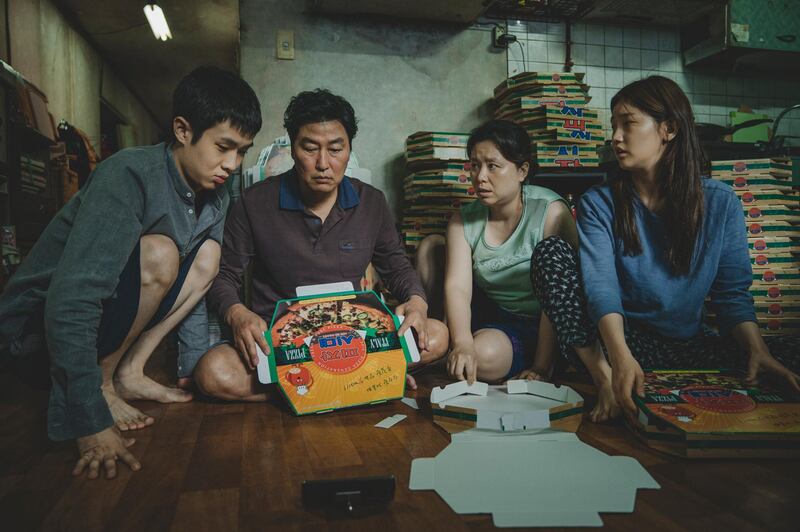It's been a less than a fortnight since South Korean film Parasite was crowned Best Picture at the Oscars. While the win was well-deserved, it still came as a bit of a surprise. It made history as the first non-English-language movie to win the top Academy Award, but it also exposed a new group of people to Asian film. I'm hopeful this also means more people will learn to embrace world cinema.
However, the question remains: do we really have to rely on Hollywood any more when there are so many worthy films made in other parts of the world? After all, Hollywood has been prone to whitewashing, with white actors and actresses cast in non-white roles (such as with Edge of Tomorrow, based on a book with a Japanese protagonist, who in the film is played by Tom Cruise). Instead of settling for that, why not watch a foreign movie in which casting feels more authentic?
I remember the first time I came across Asian cinema while living in the US. One of the first movies I watched from the genre was 2000's Battle Royale. The Japanese film tells of a futuristic dystopian world in which high school pupils are sent to a deserted island to battle it out until there's only one survivor. Sound familiar? This was also a very similar premise (yes, even down to the ending) to the popular Hunger Games series by Suzanne Collins, which came out after the original Japanese novel and movie.
Another film I really enjoyed was 2002 Hong Kong crime thriller Infernal Affairs. It tells the story of a police officer who goes undercover as a gang member and, in turn, a gang member who infiltrates the police. Four years later, Martin Scorsese remade it, changing the setting to Boston and calling it The Departed. It won the Best Picture Oscar in 2007 despite the original not even receiving a nomination for Best Foreign Language Film.
Some of the biggest horror films of the 2000s were remakes of Asian films. Japan's Ring and Ju-on found massive success as The Ring and The Grudge, respectively. Some less popular remakes include 2008's Shutter (from the 2004 Thai film of the same name), 2008's The Eye (from the 2002 Hong Kong-Singaporean film of the same name) and 2009's The Uninvited (from the 2003 South Korean film A Tale of Two Sisters).
There are also plenty of great foreign-language films that are outside the realm of Asian cinema. One example is 2016 Italian film Perfect Strangers, which holds the Guinness World Record as the most remade film, with 18 in total (I've watched the Chinese and Korean versions).
This simply proves there are many great directors and screenwriters who keep coming out with fantastic and original films that don't get the backing of Hollywood. As viewers, it's up to us to support them by giving them a watch.












